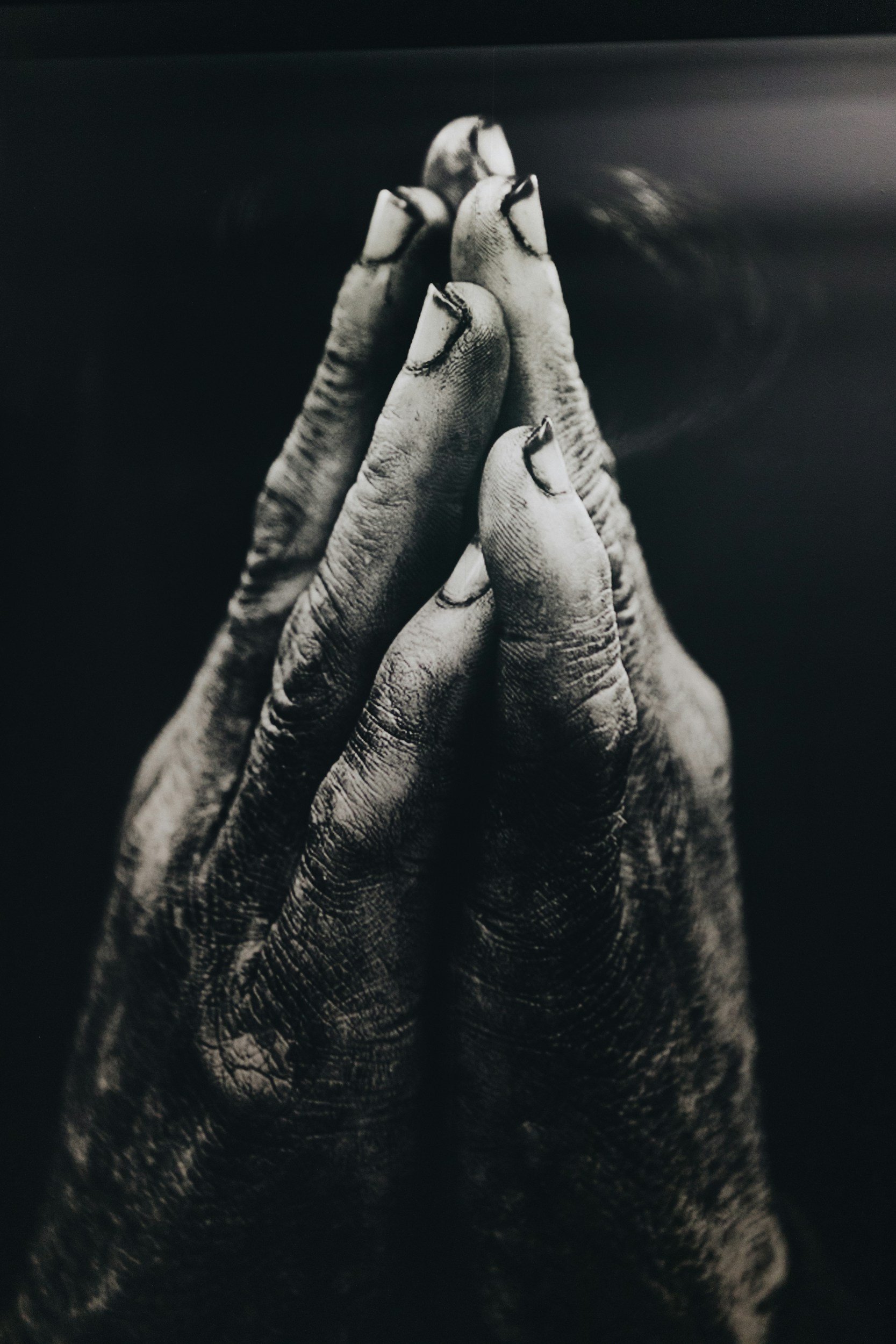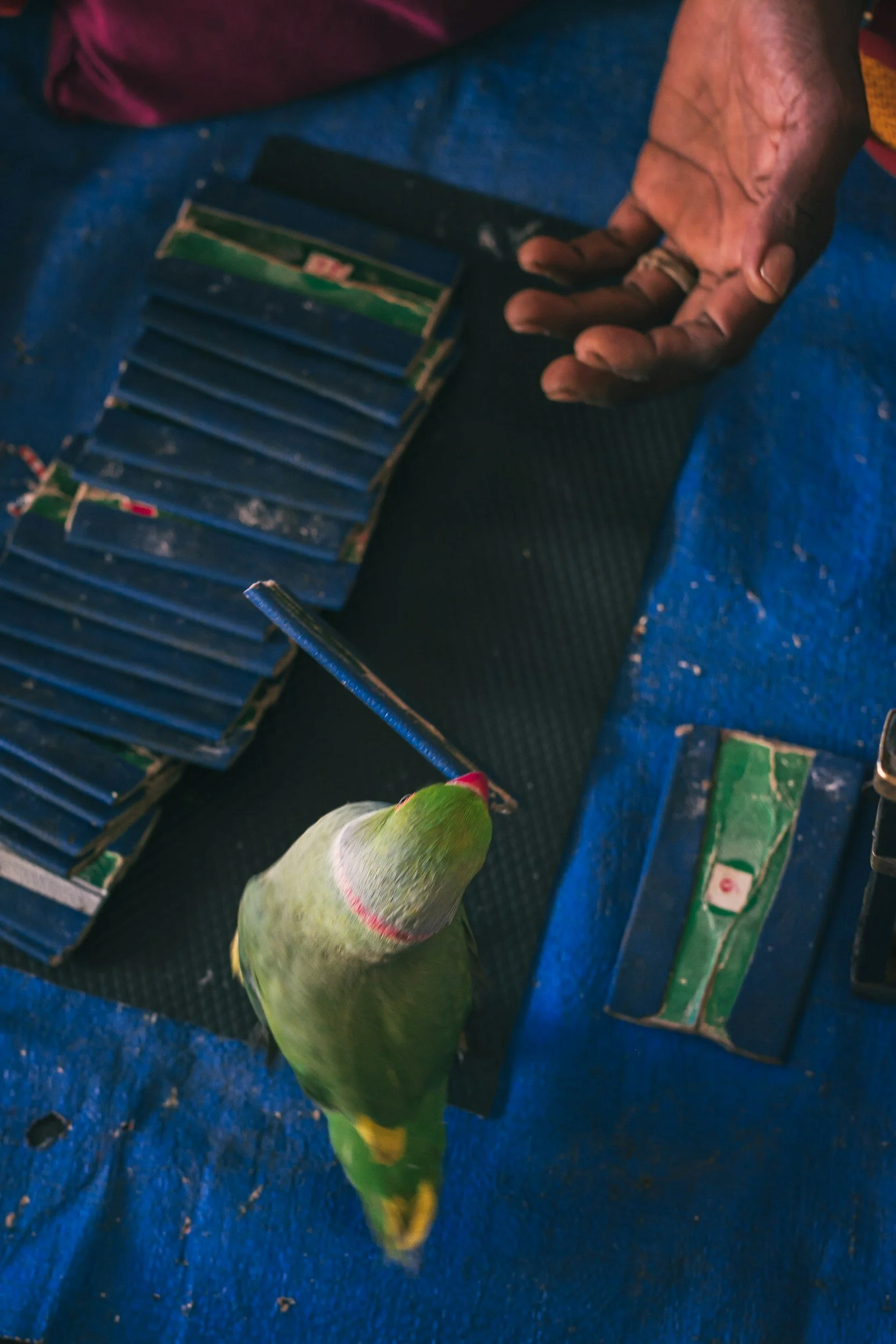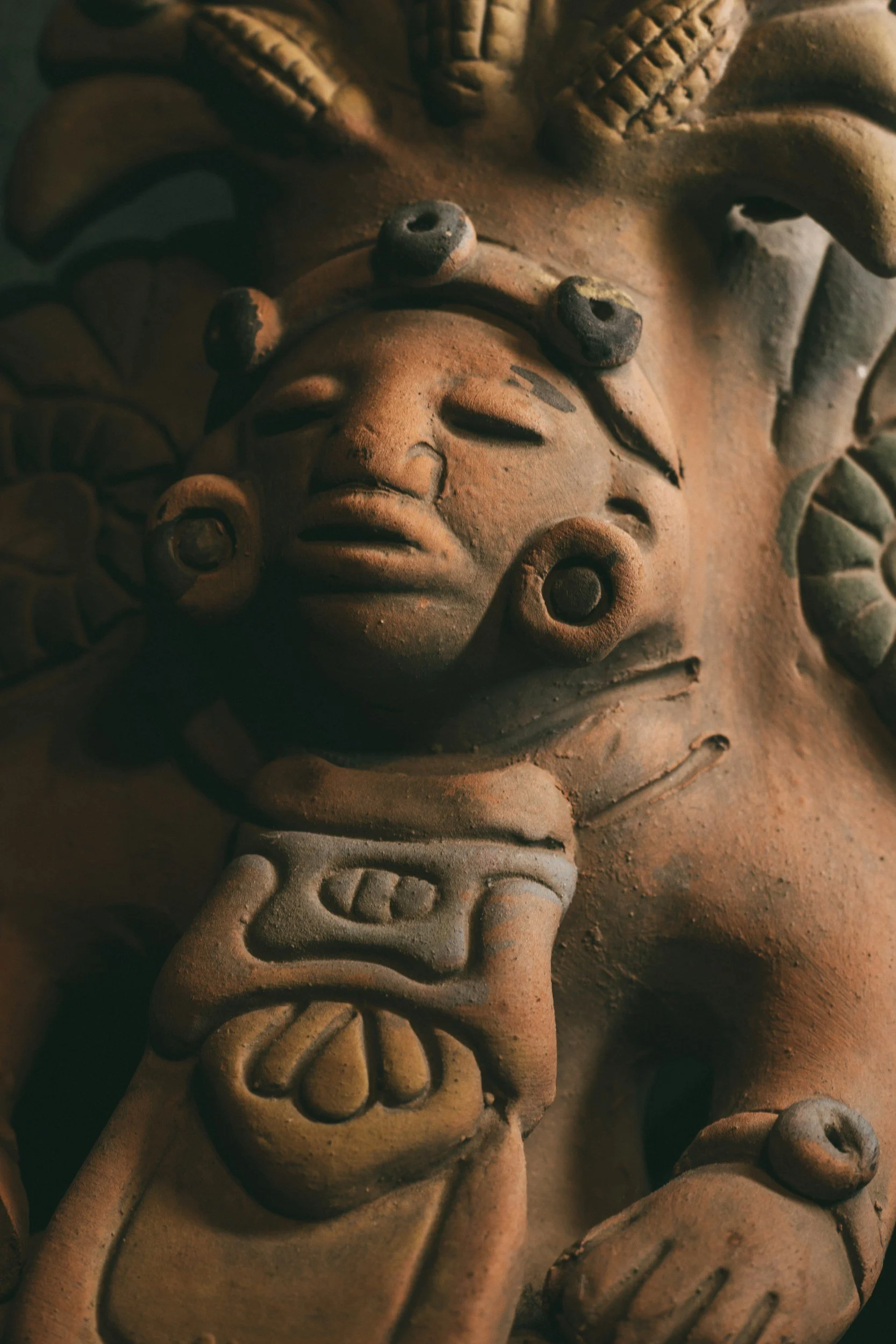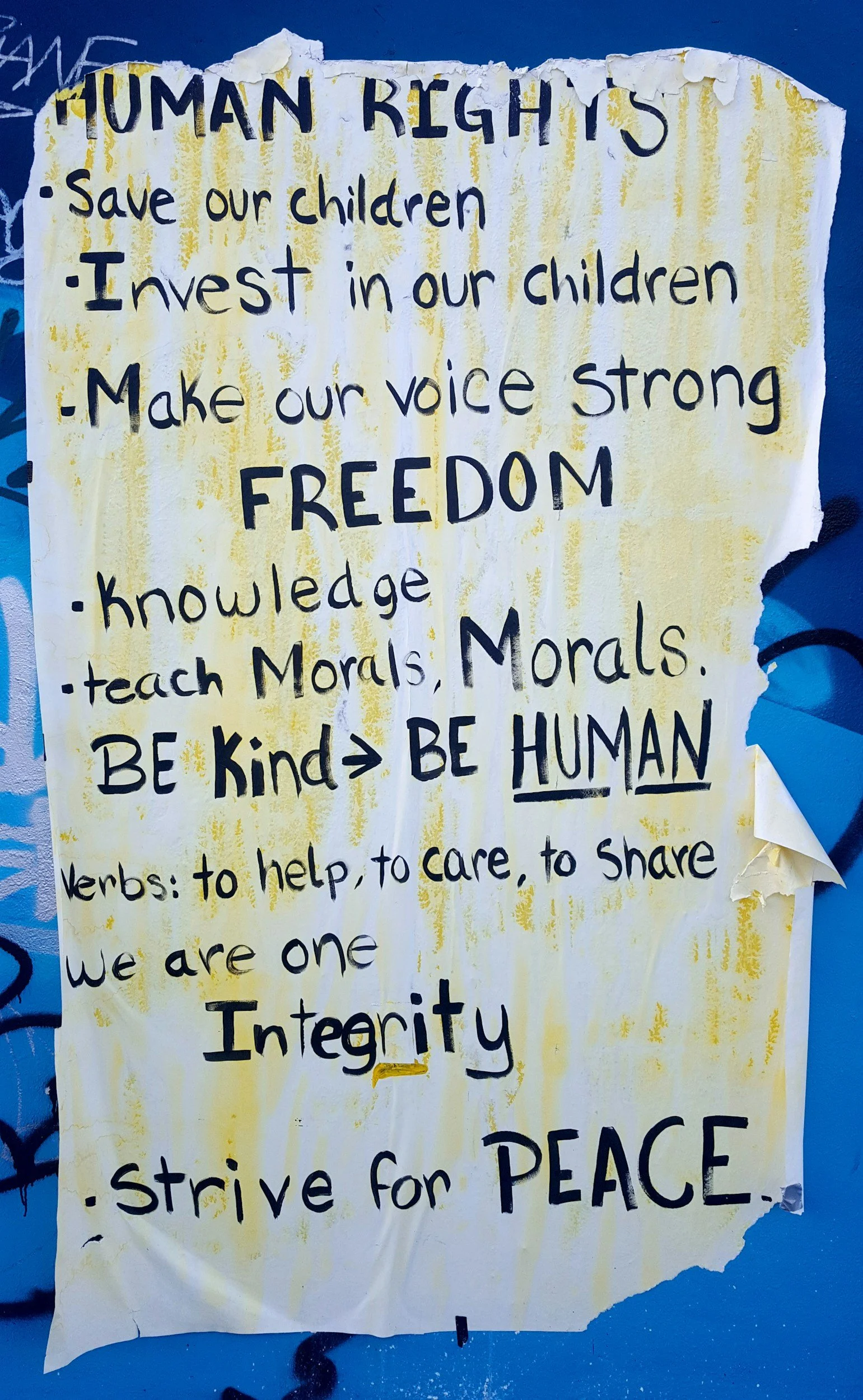The Odinani Blueprint to Getting the Best Results on Spiritual Requests
When it comes to making spiritual requests in the context of Odinani, the Igbo traditional practice, one truth remains supreme: clarity, precision, intention, and connection matter. The spiritual realm is vast, but your ancestral forces are your personal gateway. If you want your prayers, rituals, or intentions to yield effective results, aligning with your lineage and calling on specific energies which are familiar to your cultural consciousness is very important. Let’s take a look at the Odinani blueprint for getting the best results from your spiritual requests.
Prioritize Calling on Your Ancestral Forces
Your ancestors are your spiritual allies. They’ve walked this earth before you, faced challenges, and amassed wisdom through their experiences. In the spiritual hierarchy of Odinani, your ancestors (right next to your Chi na Eke) are closest to you, making them your first point of contact when making spiritual requests.
Calling on your ancestral forces demonstrates reverence and respect. It acknowledges that you’re not alone in your journey and that your lineage carries a reservoir of guidance, strength, and protection. When you prioritize your ancestors, you’re essentially activating a powerful team that understands you deeply and wants to see you succeed.
Align Yourself with Pre-Existing Energies in Your Lineage
Every family carries its unique spiritual fingerprint. This could be a lineage of healers, protectors, warriors, or visionaries. When you align yourself with these pre-existing energies, you can tap into the natural flow of power that’s already present in your bloodline.
For example, if your lineage is known for nurturing communities or offering counsel, your requests for wisdom or guidance will resonate more effectively. Honoring the natural strengths in your ancestry allows you to harmonize with their frequency, amplifying the energy behind your spiritual intentions.
Honor Your Roots
Honoring your roots has to do with showing active reverence. This can be done through rituals, offerings, or even by speaking the names of your ancestors. As the Igbo saying goes, Nwata ma ndi nna ya amalugo ndi ichie: A child who knows their fathers has consequently known their ancestors.
Actively connecting with your roots will help you create a spiritual anchor. This anchor makes sure your requests are grounded and directed toward forces that are invested in your success. Remember, acknowledgment begets presence. The more you honor your roots, the more your ancestors can show up for you.
Call Them by Their Names
Names carry power. In Igbo cosmology, calling someone by their name invokes their essence—their spirit, their Chi. When addressing your spiritual requests, specificity matters. Mention the names of your forces or ancestors if you know them. If you don’t, you can refer to them as Ndị Ichiee (my great ancestors) or Ndị nne na nna m ukwu (my forefathers and foremothers), then get specific by referring to those on your maternal or paternal, you can also attach the names of your communities to those titles.
Being particular about whom you’re calling helps direct your energy. Instead of vaguely addressing “the universe” or “higher powers,” channel your request to those who are directly connected to you. This personal touch ensures your spiritual message doesn’t get lost in the vastness of existence.
Particularity Serves You More Than Vagueness
When making spiritual requests, clarity is everything. Vague prayers have their use atimes but they generally lack direction and might not get you the swift spiritual results you are speaking. You must be clear when making demands on the spirit world, clarity invites the right energies to handle your demands.
So going forward, be clear and precise. The universe (divine intelligence), your Chi, your ancestors and spirit guides as a whole respond to clarity. When you take the time to articulate exactly what you need, you make it easier for the spiritual realm to align the forces necessary to help you.
Acknowledgment Begets Presence
When you acknowledge your ancestral forces, you’re inviting them into your space. Just as you wouldn’t ignore a guest in your home, your ancestral energies won’t overlook you when you actively seek their presence.
This acknowledgment beyond being verbal is also about showing gratitude through offerings, rituals, and maintaining a lifestyle that honors their legacy. When your ancestral energies feel seen and reverence, they’re more likely to intercede on your behalf. Because your acknowledgement has empowered them with the material strength which they need to act on your behalf.
Putting It All Together
The Odinani blueprint for spiritual effectiveness has nothing to do with magic tricks or shortcuts. It’s about cultivating a deep relationship with your lineage and aligning yourself with the energies that are naturally connected to you. Here’s a quick recap:
Start with your ancestors—they’re your first and most personal line of support.
Align with your lineage’s strengths and spiritual DNA.
Actively honor your roots through rituals, offerings, and gratitude.
Call your ancestral forces by name or use specific titles that resonate.
Be clear and precise in your requests—specificity is power.
Acknowledge their presence regularly to keep the connection alive.
When you follow this blueprint, you’ll find that your spiritual requests carry more weight, your connection to your ancestry deepens, and your journey in Odinani becomes more purposeful and rewarding.
So, the next time you make a spiritual request, remember: Your ancestral forces are your greatest advocates. Call on them with reverence, clarity, and intention, and watch the results unfold. Chi onye adighi n’izu ihe anaghi eme ya—A person whose Chi did not conspire against them has no reason to fear anything.
Recommended Resources:
Nature Prayer to get your day started | Igo ọfọ ụtụtụ | Sevics Africa (YouTube)
Igo Mmuo - Why the ancestors entered trances (Clip) | Medicine Shell (YouTube)
What role does the Igbo affirmation process "Igo ofo" play in our lives | Igbo Shrine (YouTube)
How To Pray With Ọjị, Nzú and Èdó, In Odinani Ìgbò - Ịgọ Ọfọ | Voice Of The Sun (YouTube)





























